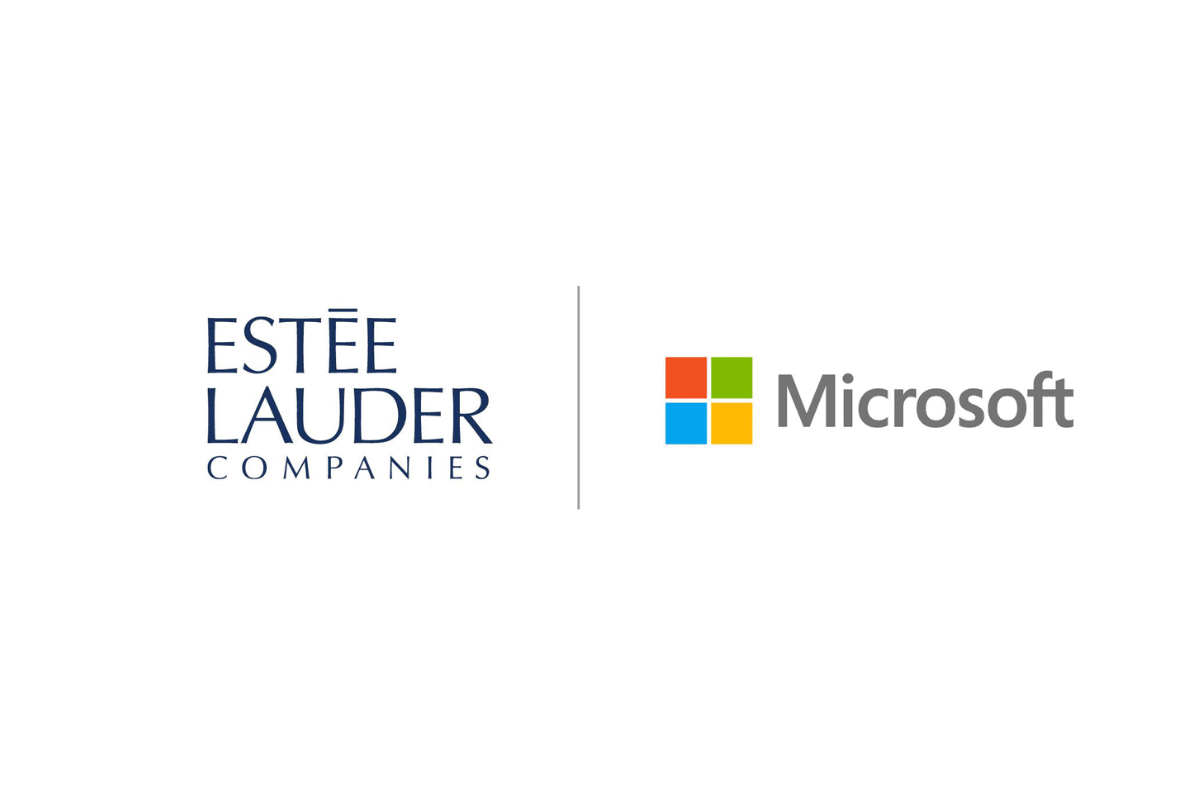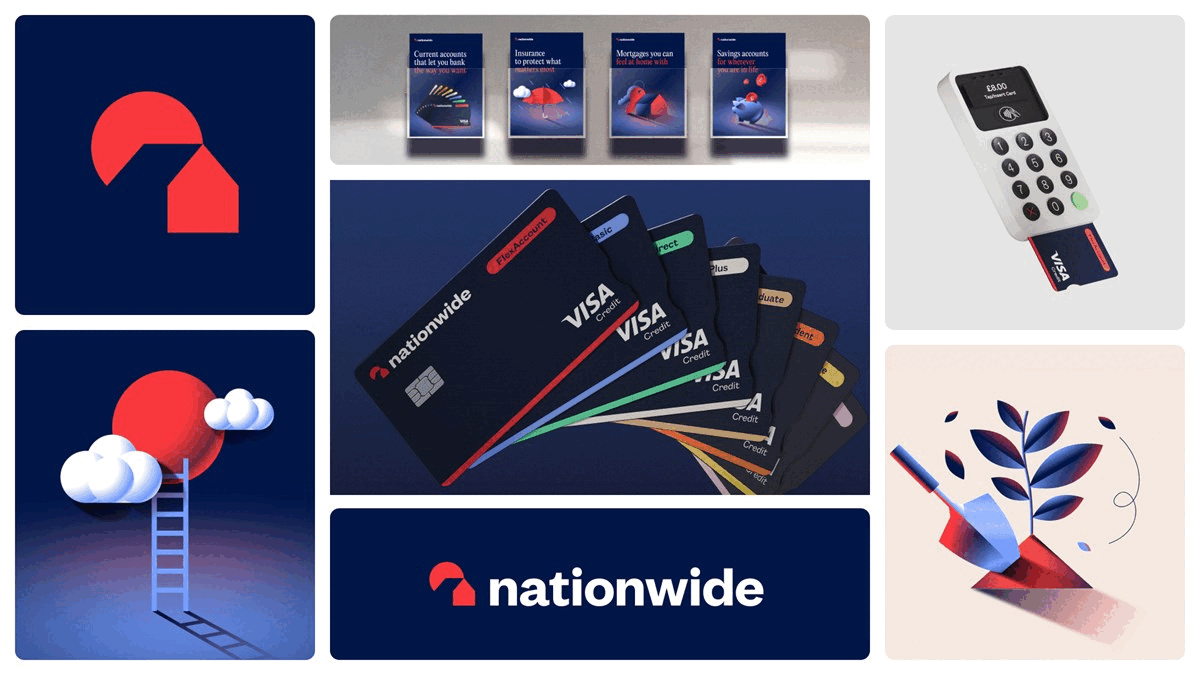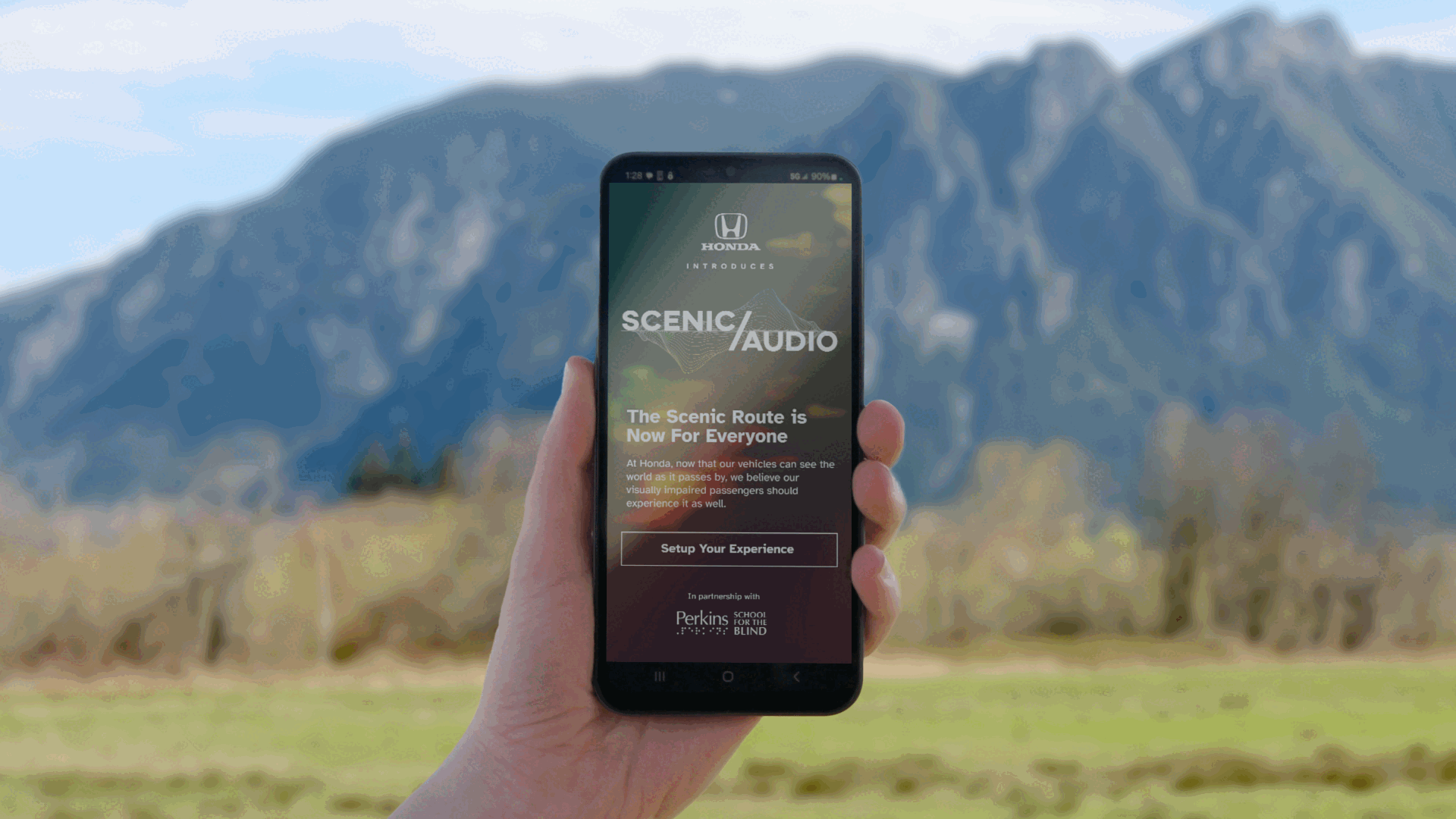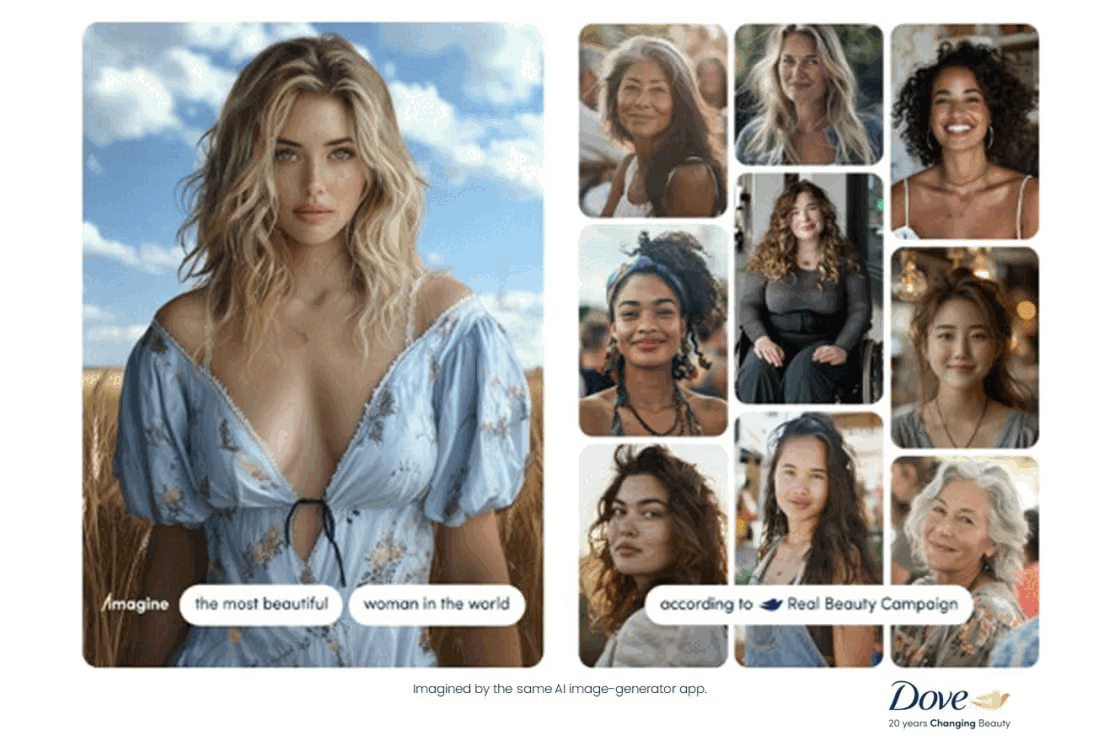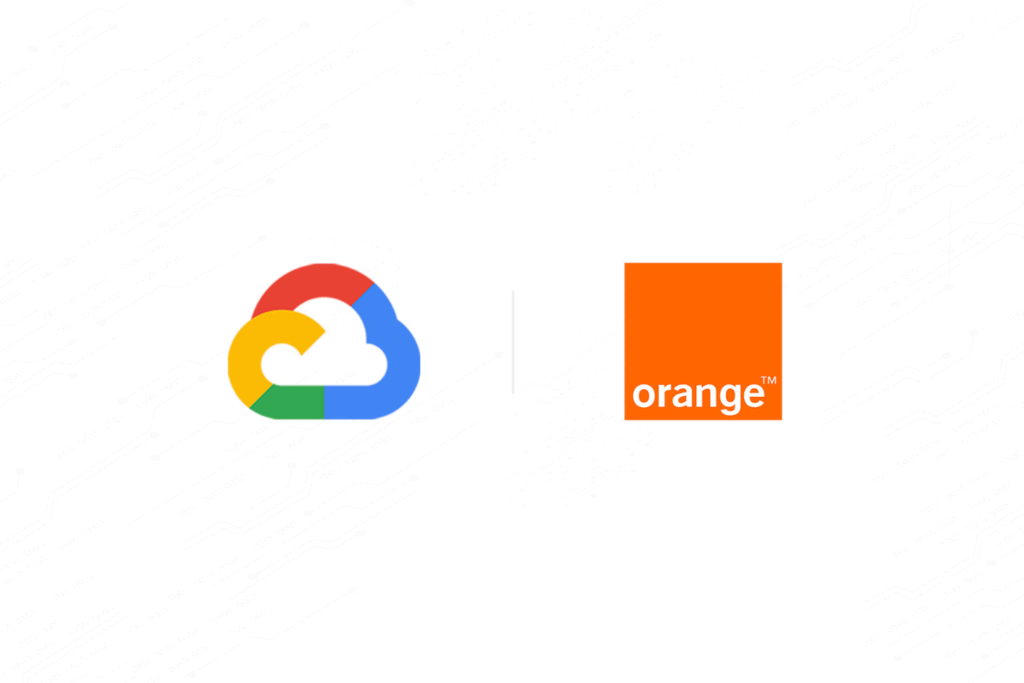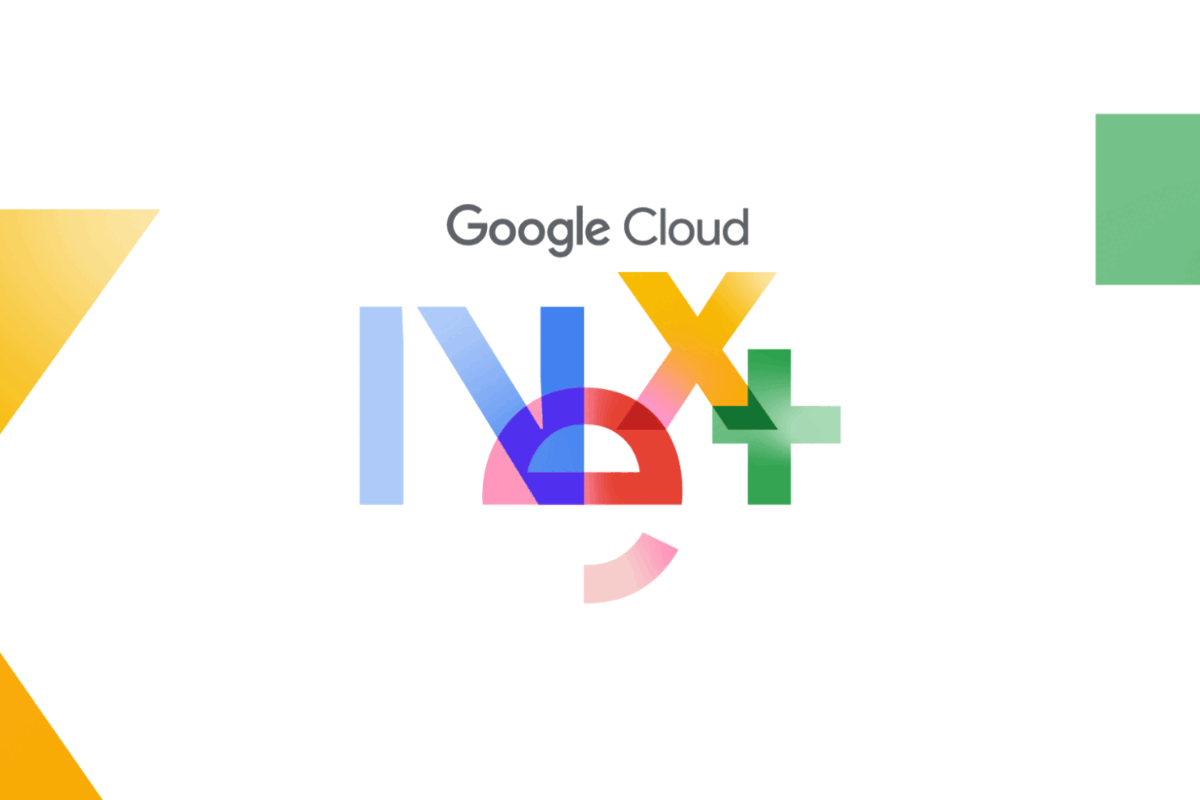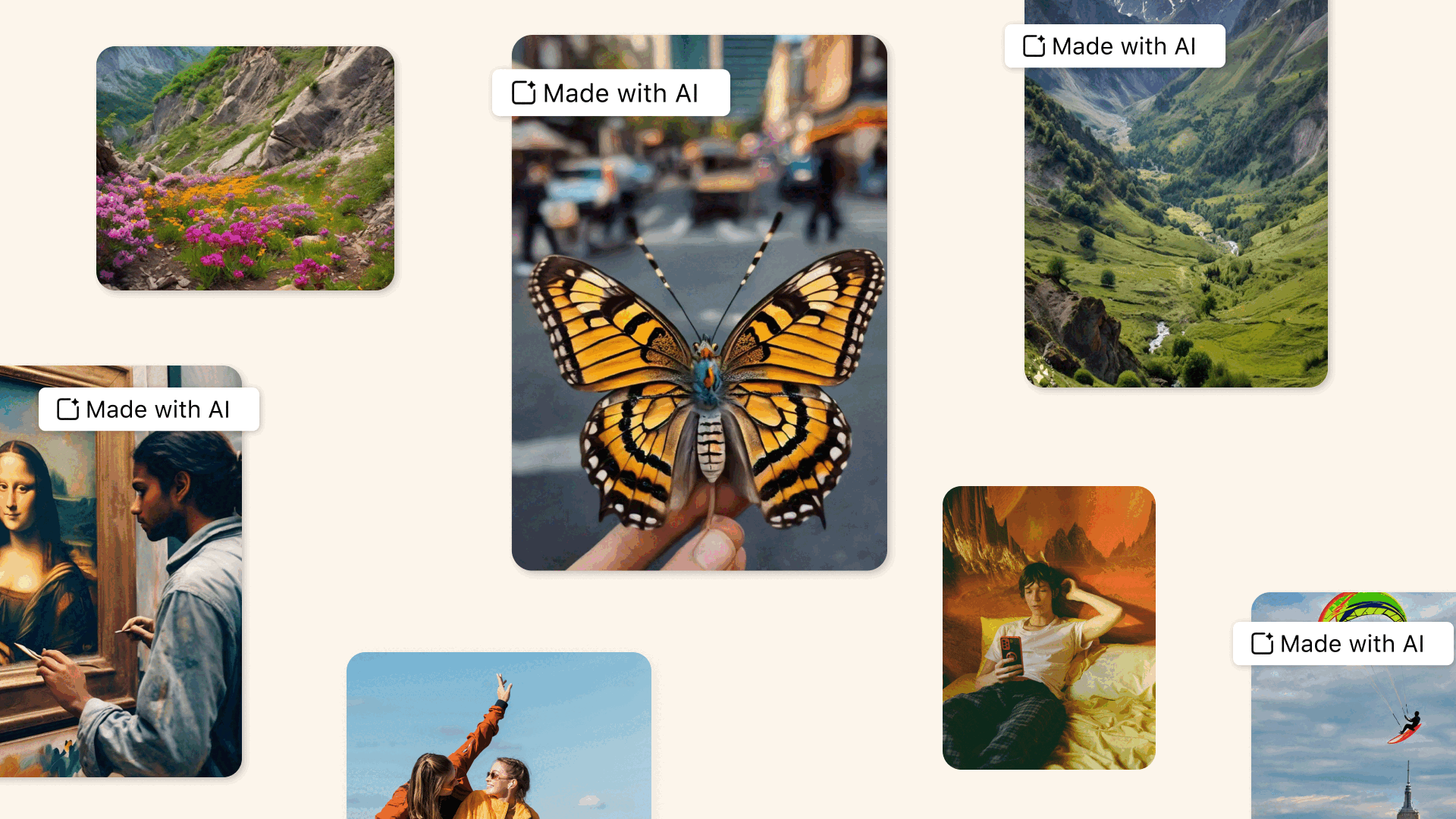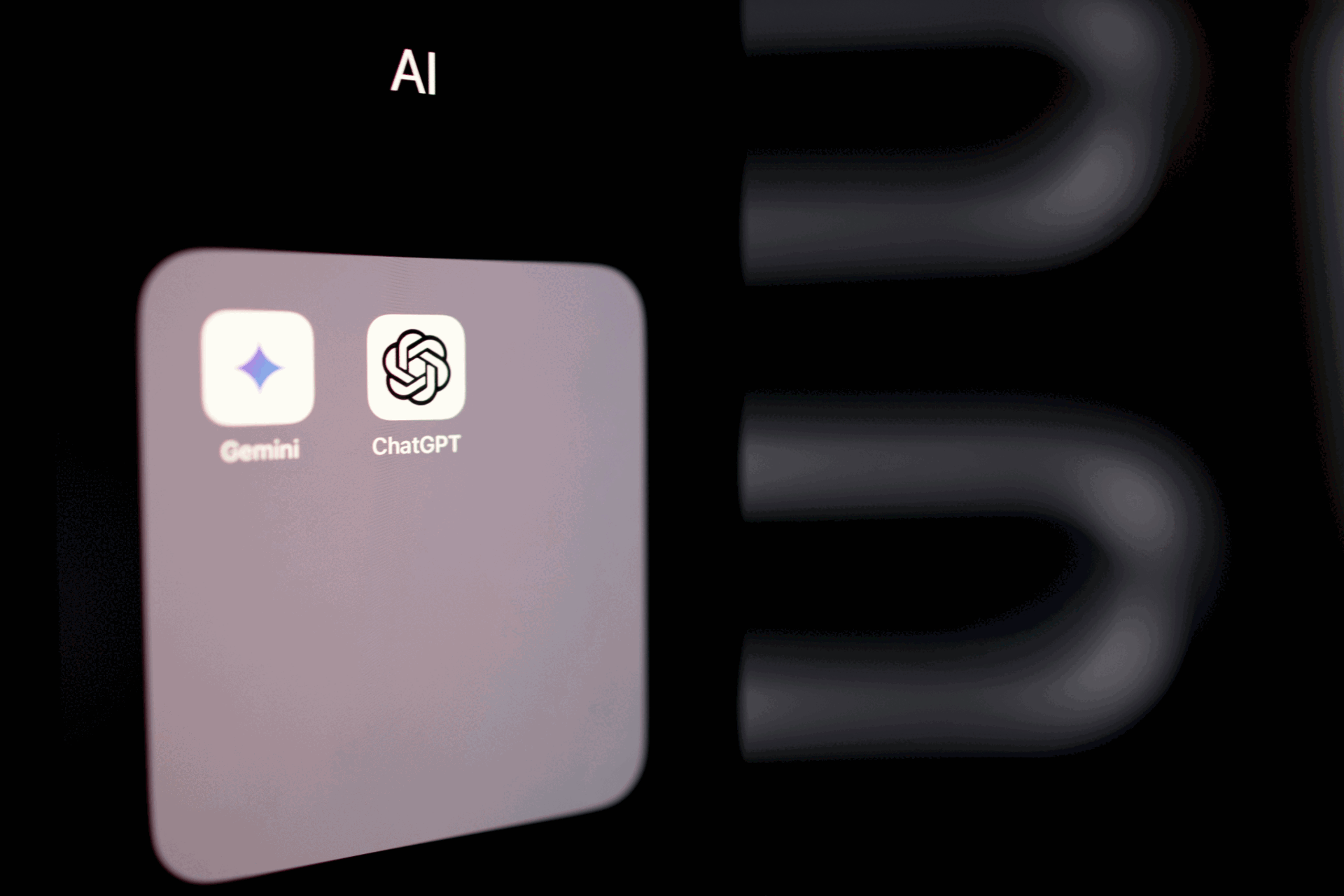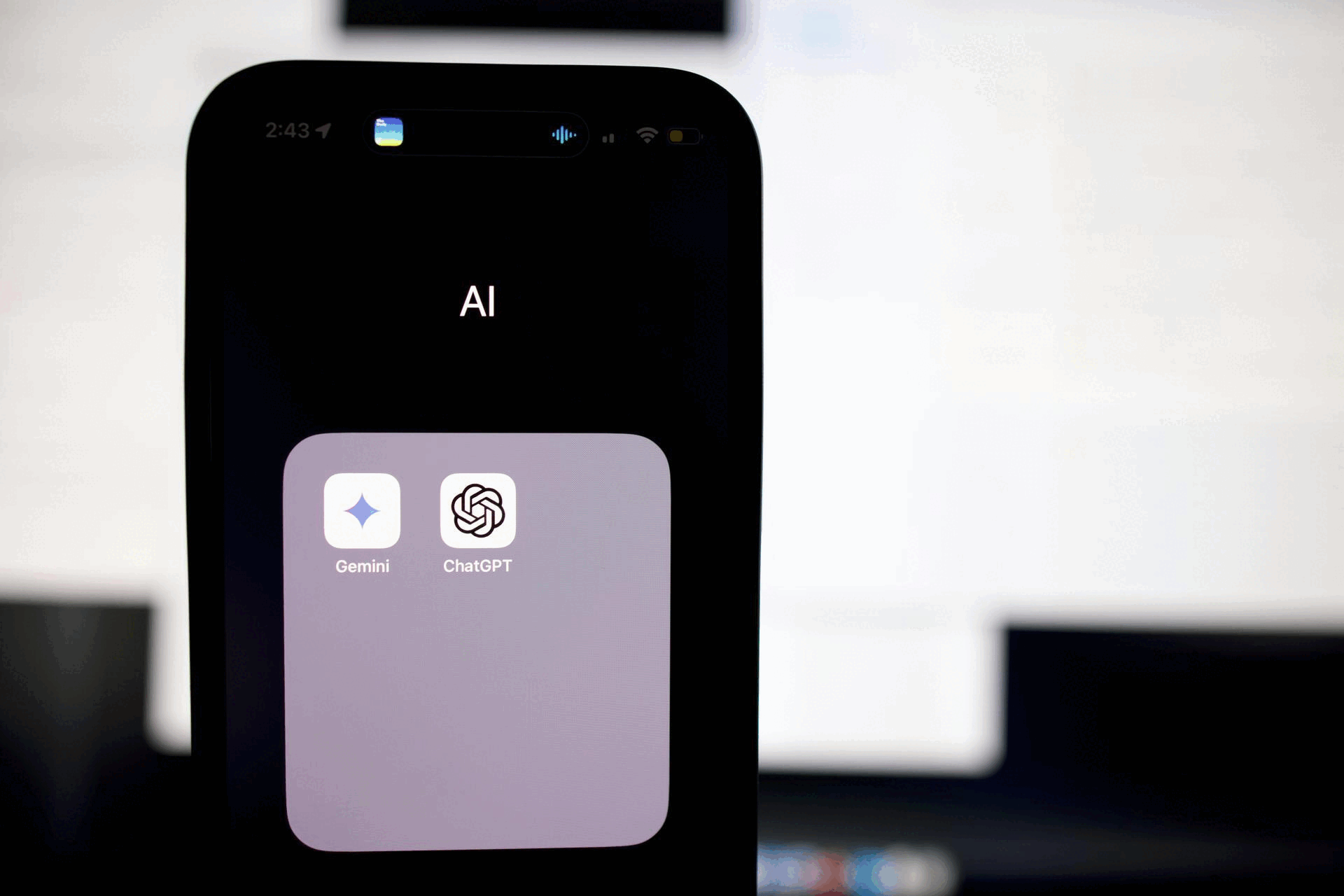The BBC has teamed up with Microsoft to experiement with an iPlayer service that listens
- Thursday, August 3rd, 2017
- Share this article:
 The BBC and Microsoft have worked together to create an experimental version of the iPlayer streaming service which uses voice recognition and AI.
The BBC and Microsoft have worked together to create an experimental version of the iPlayer streaming service which uses voice recognition and AI.
By using just your voice alone, which is unique to you like a fingerprint, the experimental BBC iPlayer can detect exactly who is interacting with it and log them into the relevant profile – without the need to type in a password.
For the time being, the prototype works much like a virtual assistant would in that it responds to your queries regarding the iPlayer content. However, in the future, this technology could be used to detect different family members in a room and pick up on the shows they want to watch, without the need for them to directly request it. Sounds creepy, indeed, and goes back to the issues many have with always-listening hardware and privacy.
“Whether watching a football match or a quiz show, most of us have at some point shouted at our TV, perhaps half expecting it to hear us, know who we are and respond to us – in the future, we might find that it does,” said Cyrus Saihan, head of digital partnerships at the BBC, in a blog post.
“As the technology advances, voiceprints and artificial intelligence could enable even greater levels of personalisation. For example, if you’re watching a programme on your tablet on your way back from work then, later on, when you’re settling down on the sofa, your TV could ask you if you wanted to carry on from where you left off. You might respond “No thanks, is there anything new I might like?” and be offered some suggestions.
“If we look further into the future, when artificial intelligence and machine learning have advanced sufficiently, you could end up in a conversation with your TV about what’s available to watch now, whether you like the sound of it or not, whether there’s something coming up that you’re interested in, and what you like to watch when you’re in a certain mood. All the time, your TV service would be learning about your preferences and getting smarter about what to suggest and when.”




